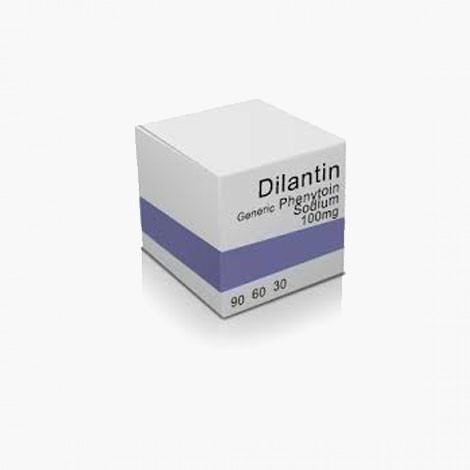|
Dilantin (phenytoin) Dilantin Information Dilantin is approved for use as an anti-seizure medication (anticonvulsant), especially to prevent tonic-clonic (grand mal) seizures and complex partial seizures (psychomotor seizures). It may be used alone or with Phenobarbital or other anticonvulsants. Dilantin Warnings Dilantin can increase the metabolism (elimination) of many drugs, reducing their concentrations in the body. Drugs that may be affected include: digoxin, carbamazepine, clonazepam, corticosteroids (e.g.prednisone), cyclosporine, disopyramide, doxycycline, estrogens, felodipine, levodopa, lidocaine, methadone, mexiletine, oral contraceptives, paroxetine, quinidine, tacrolimus, theophylline, phenobarbital, and warfarin. Dilantin can interact with these drugs not only when it is added to therapy but also when it is discontinued. In the latter case, the concentration of the other drugs may increase. Dilantin's metabolism may be affected by other drugs. Drugs that can reduce the amount of Dilantin in the body include rifampin and phenobarbital. Drugs that increase Dilantin concentrations include Amiodarone, chloramphenicol,cimetidine, disulfiram, fluconazole, fluoxetine, isoniazid (INH), omeprazole, and paroxetine. Thus, measuring levels of Dilantin in the blood may be necessary when patients begin or discontinue other medications. There appears to an increased risk of malformations and birth defects in women taking Dilantin . Thus Dilantin should be used in pregnancy only if the physician feels that the potential benefit outweighs the risk. Dilantin is secreted into breast milk. Nursing is not recommended for persons taking Dilantin . Dilantin Side effects Many varied adverse effects can occur during Dilantin therapy including dizziness, drowsiness, difficulty focusing (vision), unsteady gate, tiredness, abnormal involuntary movements, nausea, vomiting, constipation, abdominal pain, and loss of appetite. Children and young adults can develop overgrowth of the gums during long-term therapy which requires regular treatment by a dentist. Good oral hygiene and gum massage may reduce the risk. Rashes can occur in between 1 in 20 and 1 in 10 persons; some may be severe. Also, dark coloration of the skin may develop Dilantin can produce unusual growth of hair in some patients. This reaction most commonly affects the arms and legs but can also affect the trunk and face; it may be irreversible. Various lymph node reactions have been reported with Dilantin therapy. Lymph nodes may swell up, sometimes painfully. Dilantin may cause serum glucose to rise. Thus, blood sugar should be monitored closely when Dilantin is administered to patients with diabetes. Dilantin can potentially injure the liver although this is an uncommon occurrence. Dilantin can cause the platelet or white blood cell counts to drop, increasing the risk of bleeding or infection, respectively. Dilantin also can cause anemia. Because it interferes with vitamin D metabolism, Dilantin can cause weakening of the bones (osteomalacia). Dilantin can cause sexual dysfunction including decreased libido, impotence, and priapism (painful, prolonged erections). Dilantin Overdose |
If overdose is suspected, contact your local poison control center or emergency room immediately.


